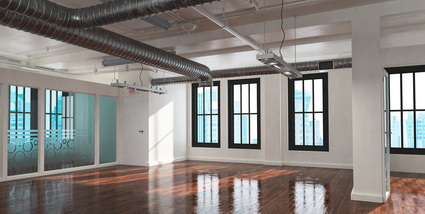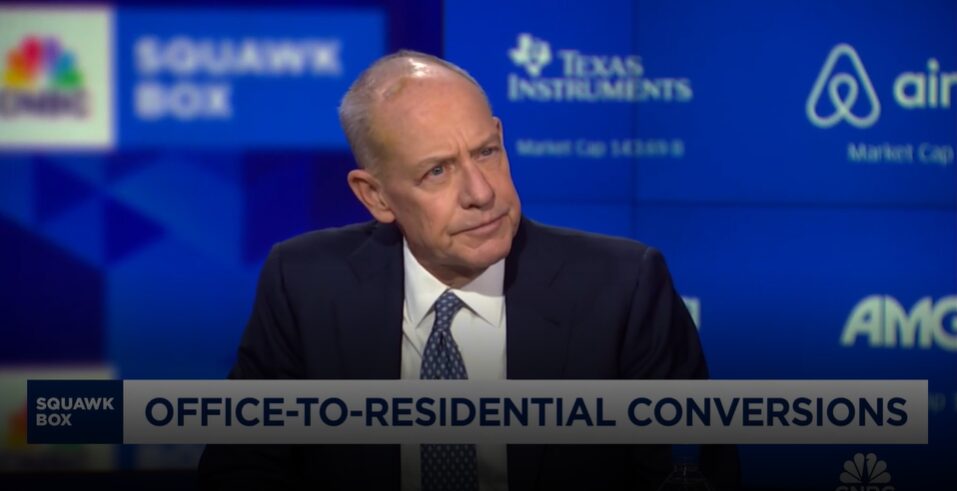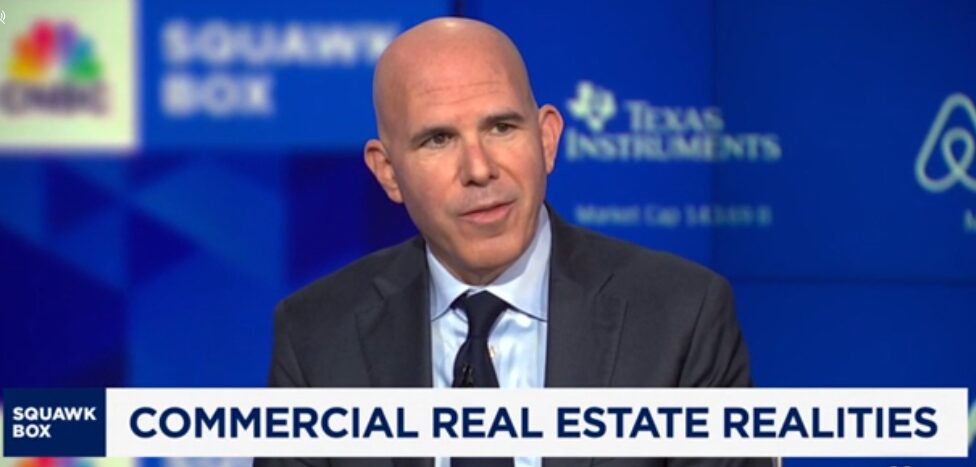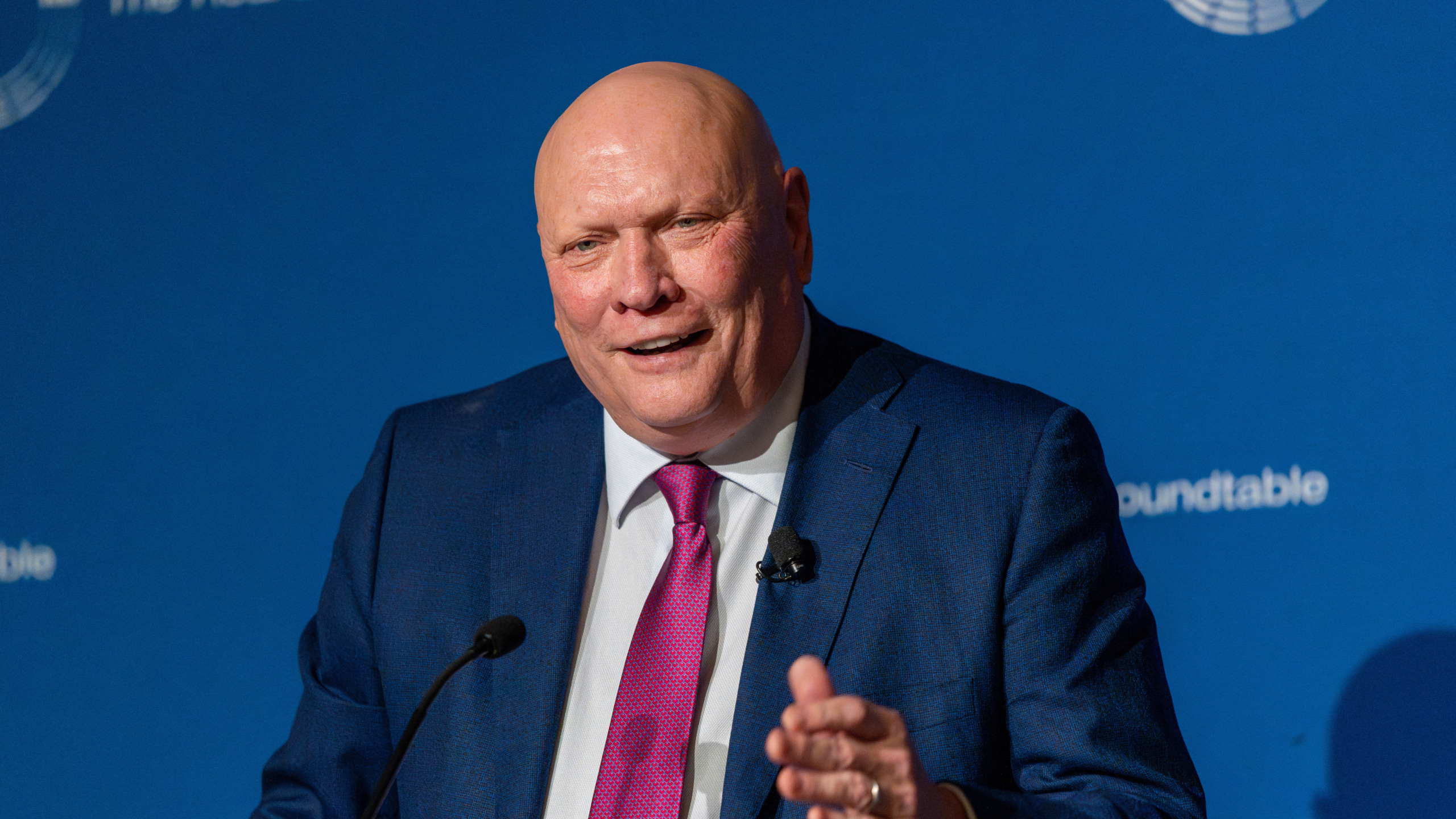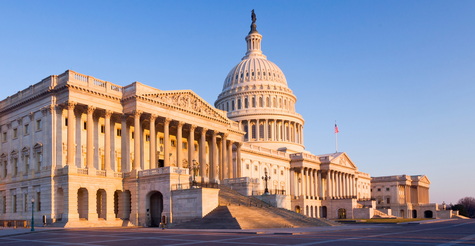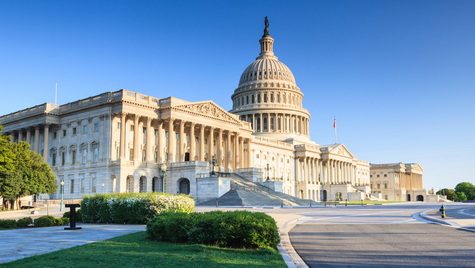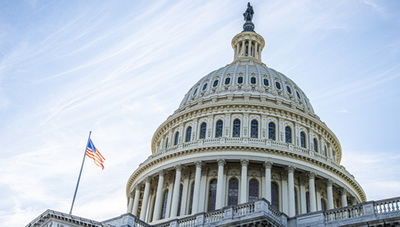
On Thursday, House Ways and Means Committee Members Mike Carey (R-OH) and Jimmy Gomez (D-CA) reintroduced the bipartisan Revitalizing Downtowns and Main Streets Act of 2025 (H.R.2410), which would create a market-based tax incentive for converting older commercial buildings to residential use.
Revitalizing Downtowns and Main Streets Act
- The bipartisan bill, introduced by 15 House Democrats and 12 House Republicans, is strongly supported by The Real Estate Roundtable and a broad coalition of national organizations. The bill would help modernize U.S. real estate, create new and affordable housing, and strengthen cities and neighborhoods that continue to suffer from the aftereffects of the pandemic. (Bill Summary)
- “Right now, vacant commercial and office space is sitting unused, and converting these properties into housing is often so expensive it isn’t worth doing,” said Rep. Carey (R-OH). “This bipartisan bill will allow communities to expand their supply of affordable housing by upgrading existing buildings, allowing American downtowns and main streets to thrive with new investments.” (Rep. Carey Press Release)

- The bill would create a new and temporary 20% tax credit for qualified property conversion expenditures, modeled after the historic rehabilitation credit. (RER’S One-Page Summary)
- “The housing crisis is squeezing family budgets, while empty commercial and office buildings sit unused in downtowns and in suburban and rural communities,” Rep. Gomez said. “Our bipartisan bill converts these empty commercial buildings into homes families can afford—a smart way to fix both problems.” (Rep. Gomez Press Release)
- The total credit authority would be limited to $15 billion, allocated by state housing finance agencies based on feasibility and impact.
- Larger credits would be available for projects in rural areas, low-income census tracts, and economically distressed areas.
- The credit could be stacked with other federal tax benefits, including LIHTC, the rehabilitation credit, and Opportunity Zone benefits.
Roundtable Advocacy
- The Real Estate Roundtable (RER) has supported similar versions of conversion legislation, such as the Revitalizing Downtowns Act (S. 2511, H.R. 4759, H.R.9002). (Roundtable Weekly, July 2024)
- The bill addresses and incorporates many of the recommendations a RER-led coalition had collectively made to the Revitalizing Downtowns Act in comment letters submitted in October 2022 and June 2024.
- Both letters are the product of a property conversions working group created by RER’s Tax Policy Advisory Committee (TPAC). The working group has reviewed and considered the challenges and impediments confronting potential property conversion activities. (Roundtable Weekly, June 2024)
RER’s Tax Policy Advisory Committee will continue working with policymakers to advance tax policies that encourage and facilitate property conversion efforts.




